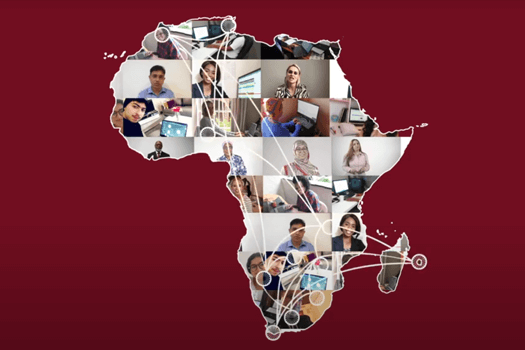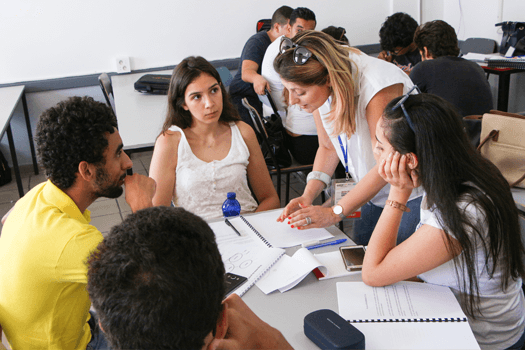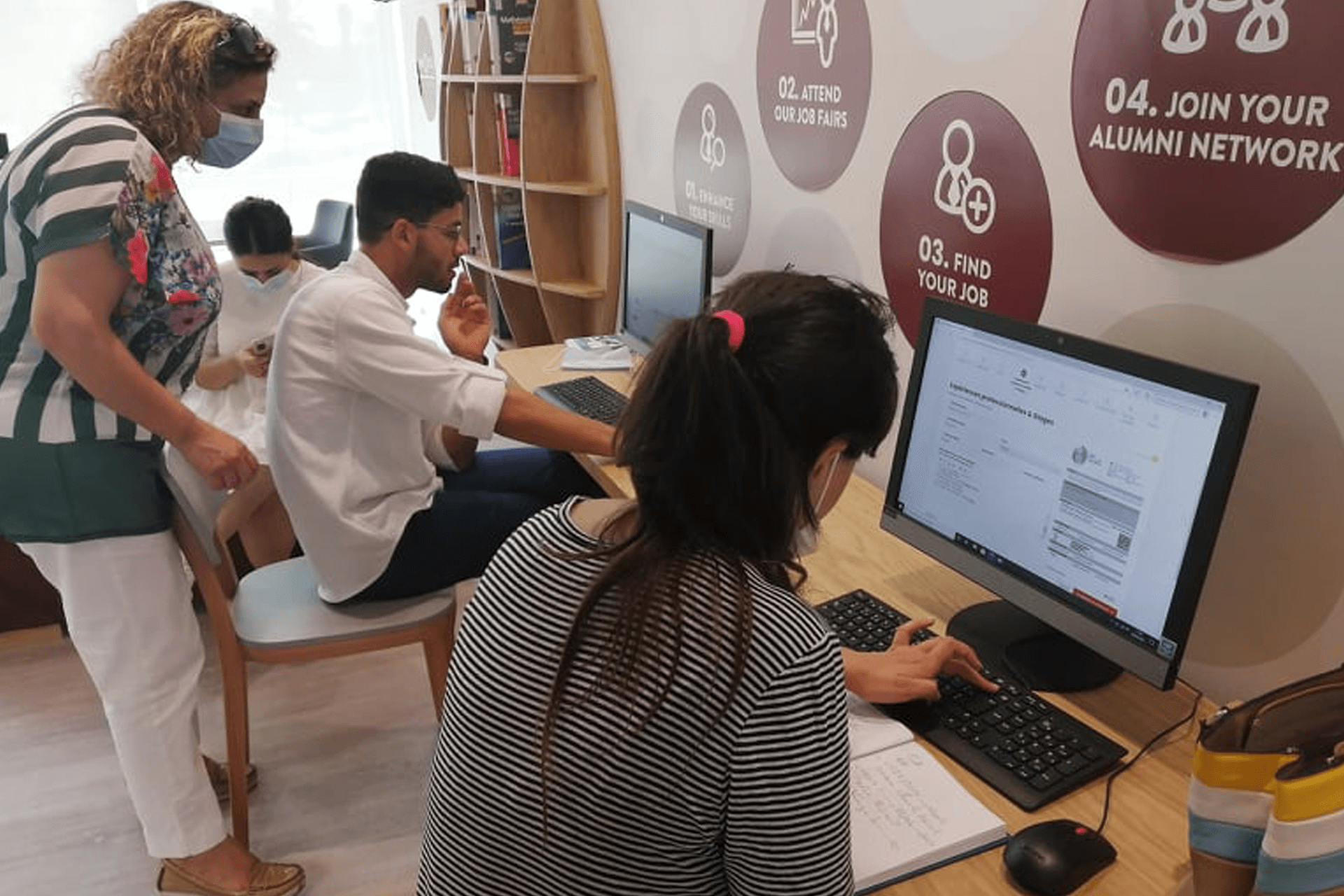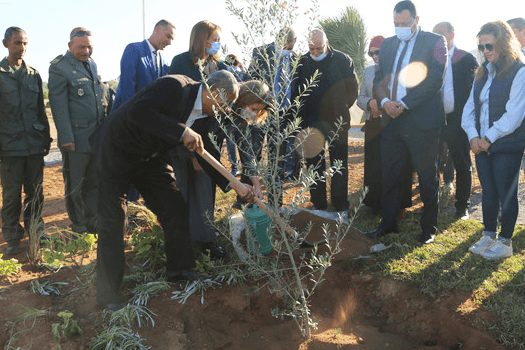Honoris Impact
All efforts have been geared to compile and produce a report that communicates the compelling value creation story that demonstrates the impact HONORIS is making in education. To achieve this, the structure of this digital impact report has been developed around the Honoris impact framework which was designed to evidence impact against six key themes, which underpin the strategy and focus of the platform; namely:
Being the first impact report, Honoris provides insights into the journey that was undertaken since Actis formed Honoris United Universities and where the organization stands today with its footprint spanning from Casablanca to Cape Town and from Tunis to Abuja, to Mauritius.
The Honoris network currently comprises 15 institutions (14 at 31 December 2021), and in this report, we take you through the history of their founding members and detail of each of the 14 institutions, demonstrating within each the unique, as well as united approach across the student journey from enrollment to graduation and beyond.
The impact being achieved by each institution is positioned, as well as at group level through collaboration across the network, around the key Honoris impact framework themes. This is a demonstration of the value being delivered for key stakeholders, the students, their families and communities to transform the African continent and deliver on the Honoris vision: Transforming lives through relevant Education for lifetime success
Several stories, case studies and testimonials are included to demonstrate the first-hand experience of the students at the institutions.
The report provides detailed insight into Honoris’ relationships with key stakeholders on which the success of an impact-driven initiative relies.
The material matters/risks and opportunities that are or have the potential to significantly impact Honoris’ ability to deliver the strategy and create sustainable value over the short, medium or long term for the stakeholders have been identified and included to demonstrate the organization’s response to these.
A summary of the impact Honoris has made is included in the Executive Summary and Overview of KPIs which have been used to measure ultimate success. The organisation is also measuring impact specifically against the United Nations Sustainability Development Goals 2030 and the African 2063 Goals.
As Honoris’ Impact Framework evolves, so too will a relevant system for external benchmarking. This will allow for a helpful comparison of best practices between Honoris and other tertiary education providers and enable Honoris to set meaningful baselines and goals for future improvement.
The impact score for Honoris has been calculated using Actis’ measurement framework. This is included to demonstrate both Honoris’ and Actis’ understanding of the positive impact that investments have on society and the environment and recognize the requirements to define and to measure this impact in an accurate, transparent and verifiable manner.








